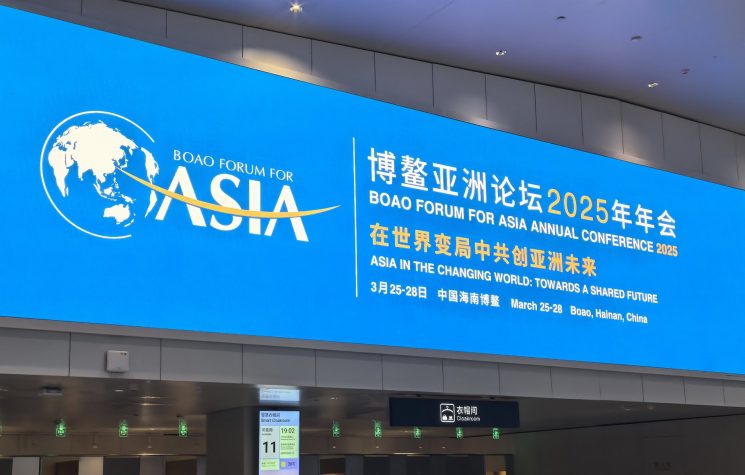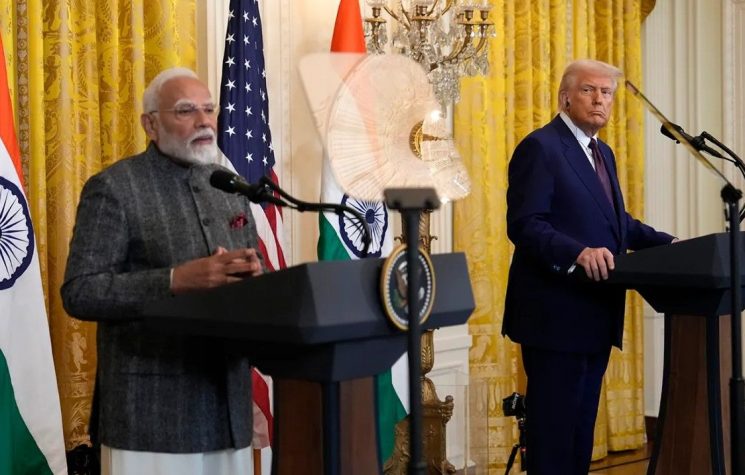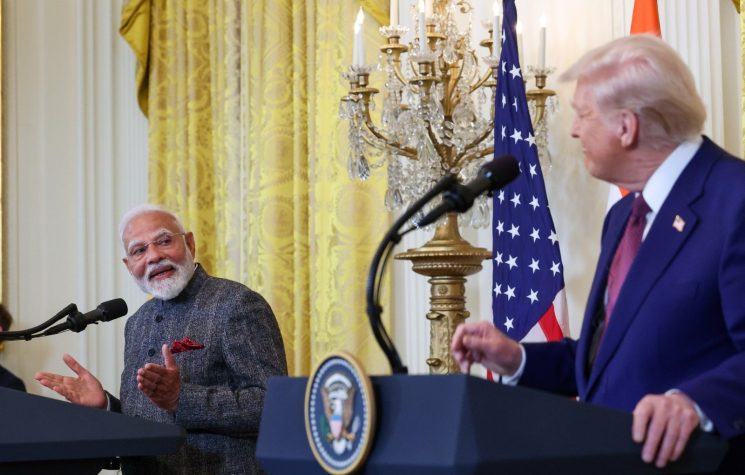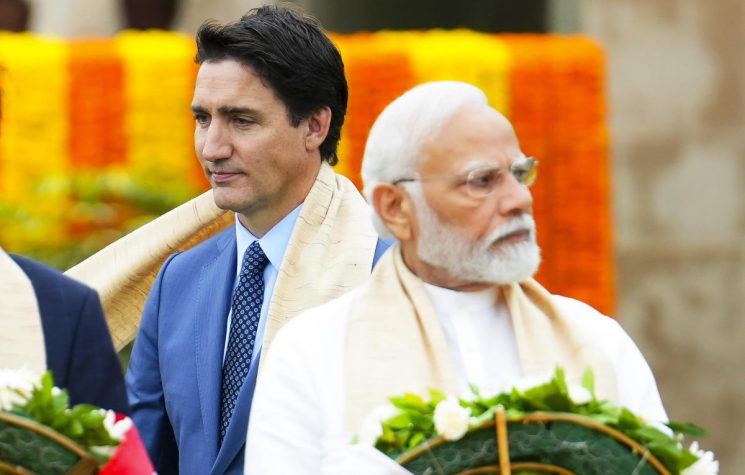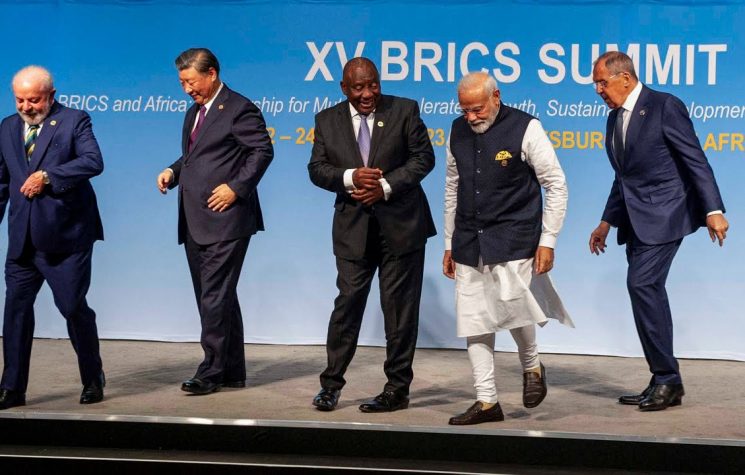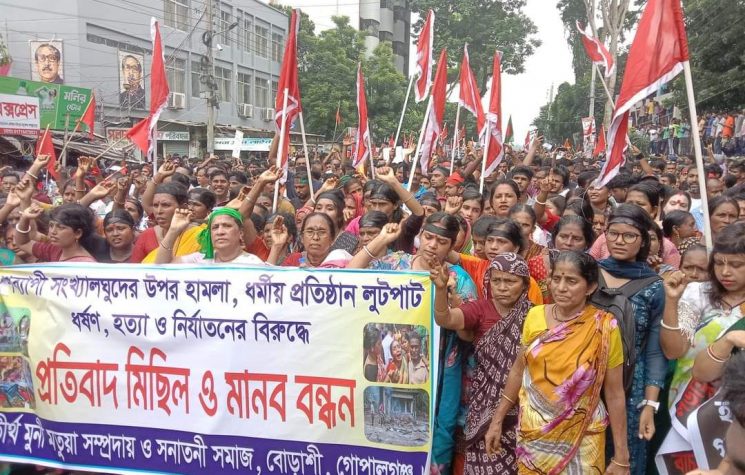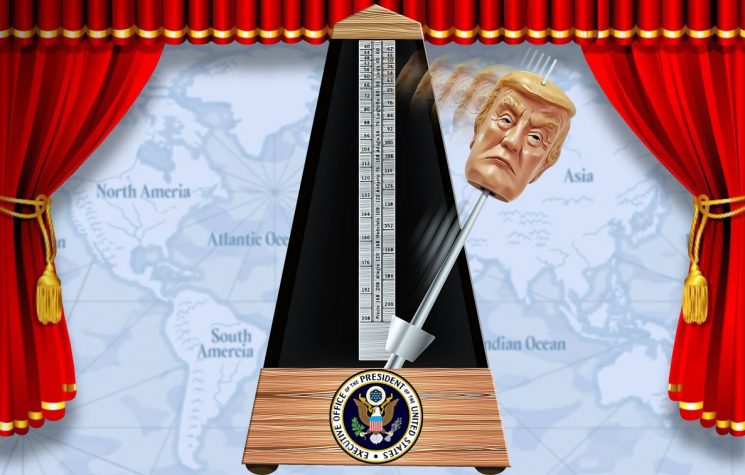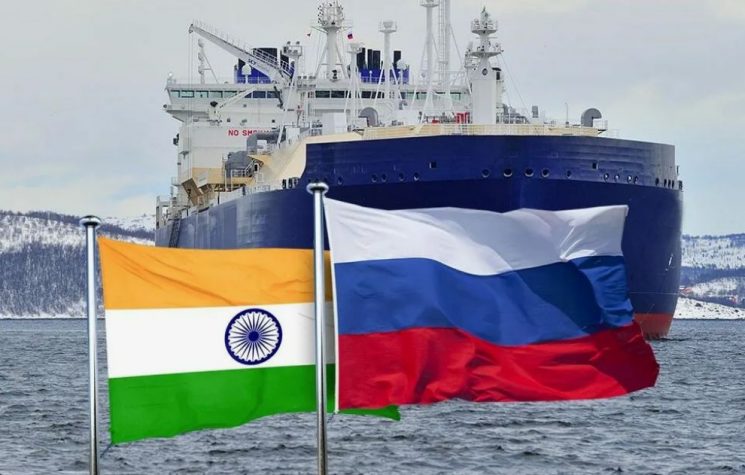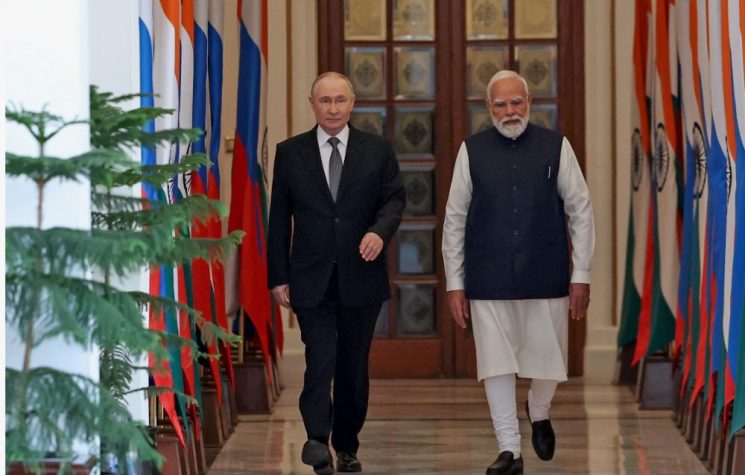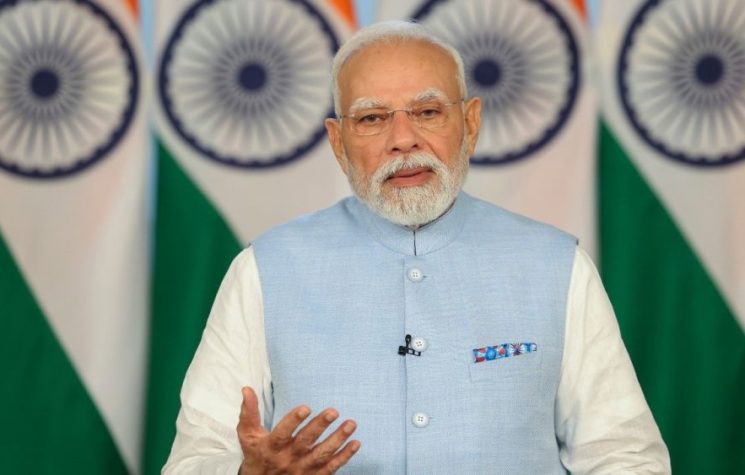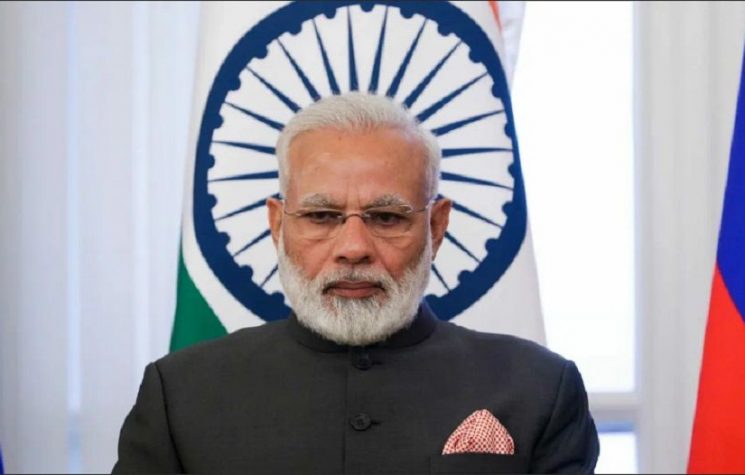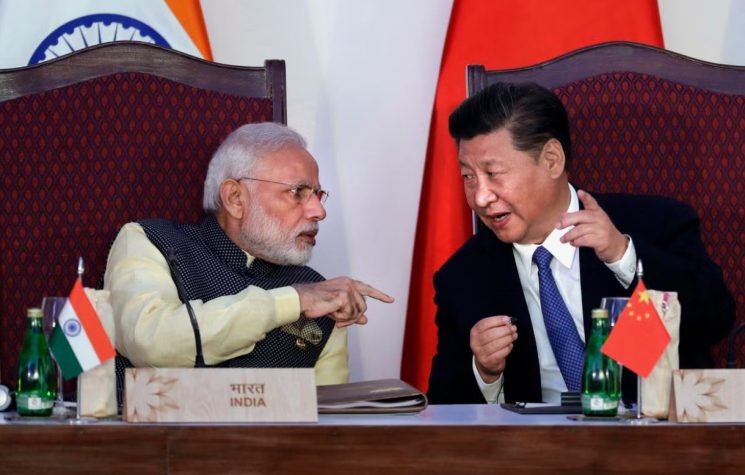Expect more arm-twisting from Washington on the Indian leader to get with the Cold War modus operandi.
Contact us: info@strategic-culture.su
Indian Prime Minister Narendra Modi is to visit Moscow in the coming days where he will be greeted by Russian President Vladimir Putin. Modi and Putin have established cordial relations over the years and the two leaders are set to discuss strengthening bilateral strategic ties.
Washington is miffed that Modi is visiting Russia on his first overseas official trip since he was inaugurated earlier this month as prime minister for a third consecutive term.
More than this, with its typical Cold War zero-sum mentality, the United States wants and expects Modi to take the American side in the growing hostility towards Russia and China.
Last week, Jake Sullivan, the U.S. National Security adviser to President Joe Biden flew to New Delhi to meet Modi. The pair reportedly discussed proposals for closer military defense and technology sharing. But the timing of Sullivan’s visit suggests it was a spoiler for the forthcoming trip to Moscow.
The Biden administration has been vigorously wooing India to follow its Cold War-style policy of isolating Russia and China. When Modi was entertained lavishly at the White House last year, it was clear that Washington’s quid pro quo was for India to adopt the American modus operandi of joining bloc confrontation with America’s designated two main geopolitical adversaries.
Modi has not delivered for the Americans. He has maintained the traditional Indian foreign policy of non-alignment. While India is a member of the U.S.-led Quad group in the Asia-Pacific which includes Japan and Australia – and which has provoked China – on the other hand, India is a prominent member of the BRICS group that includes Russia, China, Brazil, and others of the Global South who are directly challenging U.S. hegemony.
India has long had strong relations with Russia going back to the Cold War. Russia remains the top supplier of military arms to India despite attempts by the United States to corner some of that market. Under Modi, India has increased its purchase of Russian oil exports to record levels.
Despite intense pressure from Washington, Modi’s India has refused to condemn Russia over the conflict in Ukraine.
When Modi comes to Moscow on July 8, it will be the first time he has traveled to Russia since the war in Ukraine erupted in February 2022.
The anticipated warm reception for the Indian leader at the Kremlin can only incense Washington by underscoring that he is not “Modi operandi”.
Sullivan’s unusual trip to New Delhi this month can be read as Washington conveying to Modi its displeasure that he is not playing ball in the way the Americans want him to.
The rankled vibe is manifest by concerted U.S. media commentary casting Modi and his government more and more in a negative light. The change in tone has been a sudden flip from the overwhelming positive coverage bestowed on Modi when he visited the U.S. last summer.
When Modi’s Bharatiya Janata Party narrowly won the latest Indian legislative elections last month, the U.S. media reprimanded Modi, saying that he was losing popularity because of poor human rights record and repression against minorities.
Washington and the Canadian government of Justin Trudeau have accused New Delhi of running a policy of “transnational repression” targeting Indian expatriates critical of Narendra Modi and his Hindu nationalist government.
Last September, Trudeau sparked a diplomatic uproar when he accused Modi’s government of involvement in the political murder of a Sikh activist in Vancouver.
Ahead of the Indian elections this year, The Washington Post published an in-depth investigation that purports to reveal that Indian national security services were running a “murder-for-hire plot” against Sikh leaders based in North America.
During Jake Sullivan’s visit to New Delhi last week, the U.S. media reported on an Indian national charged in a New York court with the attempted murder of an American citizen and Sikh leader. The suspect had been extradited from the Czech Republic where he had been arrested. He is accused of working on behalf of Indian intelligence services.
New Delhi has denied any involvement in an assassination program against dissidents in North America.
The strange thing about this lurid case is the way it was given such prominence in the U.S. media. Attorney General Merrick Garland condemned what he called “foreign attempts to harm or silence American citizens”.
The FBI chief Christopher Wray also weighed in with a statement warning that “the U.S. won’t tolerate attempts by foreign nationals to repress constitutionally-protected freedoms”. (How precious in the light of the U.S. decade-long persecution of Julian Assange and other whistleblowers.)
Also adding gravitas to the alleged Indian murder-for-hire plot, the Senate Foreign Relations Committee wrote a letter to Secretary of State Antony Blinken demanding that Washington take Modi’s government to task for allegedly infringing U.S. sovereignty.
The evidence against the accused Indian “hitman” is flimsy and obscure. Apparently, he was uncovered by an informant for the U.S. Drug Enforcement Agency and lured to the Czech Republic where he was seized by law enforcement officers working on behalf of the Americans. The Washington Post has named the Indian top spymaster Ajit Doval as being involved in the sordid plot. During Sullivan’s recent visit to New Delhi, he reportedly had a private meeting with Doval.
This is a highly unusual move by U.S. media to implicate the top echelon of the Modi government as being involved in such serious allegations.
Sullivan and Doval reportedly discussed “progress on the Initiative on Critical Emerging Technologies, which the two countries launched in 2022”, according to the Associated Press.
It is doubtful that was the only topic. The real agenda would have been Sullivan remonstrating that Modi and his government better get with the U.S. program of hostility towards Russia and China – or else expect more embarrassing media coverage highlighting claims of Indian assassination plots and violation of American laws.
Modi is going ahead with his visit to Moscow. He is also expected to attend the BRICS summit later this year in Russia – much to increasing exasperation in Washington. Expect more arm-twisting from Washington on the Indian leader to get with the Cold War modus operandi.

















